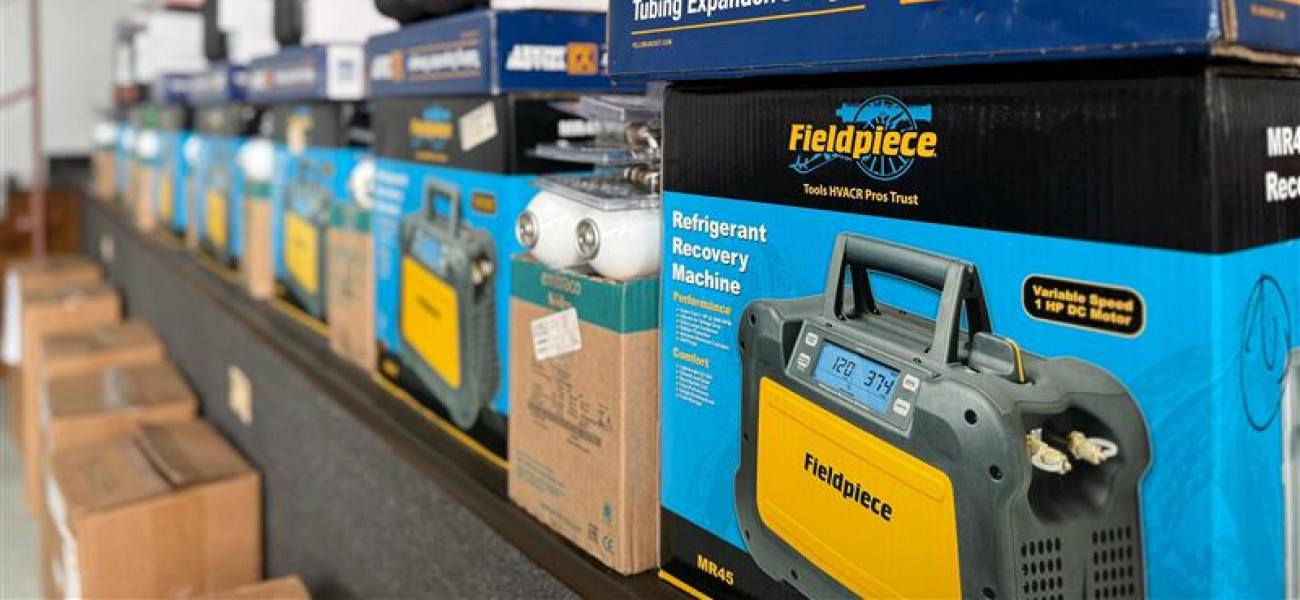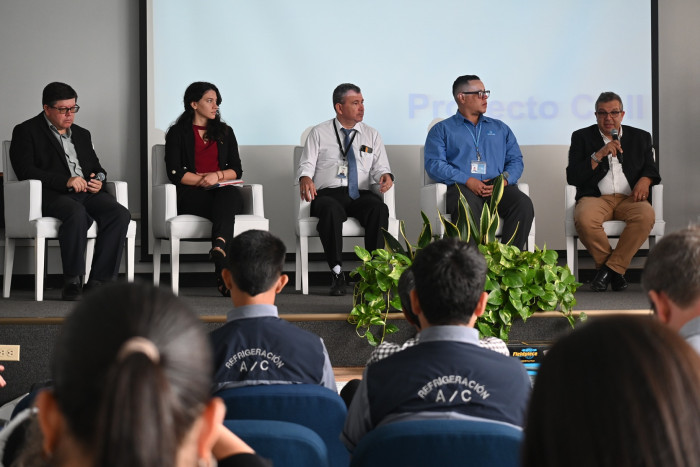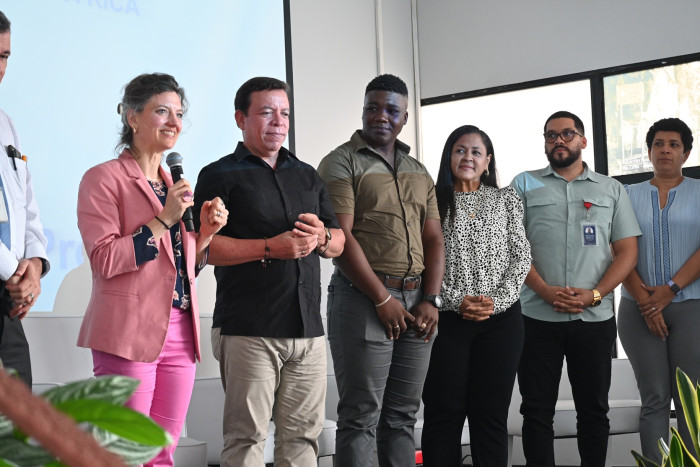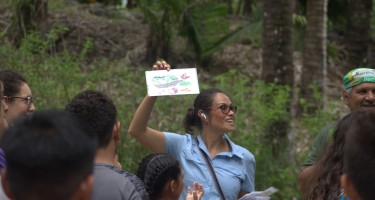Cool Contributions Fighting Climate Change: Accelerating the Transition to Green Cooling in Costa Rica
Costa Rica is proving that it’s possible to cool the planet without heating it: new standards, clean technology, and trained technicians are paving the way toward greener refrigeration for the region.

© Cool Contributions project
Demand for refrigeration and air-conditioning services is rising rapidly worldwide. This growth is driven by population and economic expansion, and above all, by increasing temperatures due to climate change. More and more households, businesses, and industries are seeking thermal comfort in their spaces – an effort that inevitably increases electricity consumption. For this reason, it is essential that countries adopt public policies and energy-efficiency measures.
In this context, promoting the purchase of energy-efficient equipment not only reduces pressure on power grids but also helps consumers save on their electricity bills. This is the challenge taken on by the Cool Contributions Fighting Climate Change project in its second phase (C4 II), part of the Proklima cluster, in coordination with the Directorate of Environmental Quality Management (DIGECA) of Costa Rica’s Ministry of Environment and Energy (MINAE).

Participants of the closing event of C4 II in Costa Rica. © GIZ Costa Rica
What Has Been Achieved in Costa Rica?
Strengthening the Market:
Thanks to the project, ICE’s Energy Efficiency Laboratory can now conduct inspections at businesses selling air conditioners and refrigeration equipment. These inspections verify that products comply with national and regional technical regulations and that their labels accurately reflect efficiency parameters.
New Technical Standards:
The project also supported the creation of the INTE B55:2024 standard, which establishes environmental criteria for labeling commercial refrigeration and freezing equipment. In addition, guidance was provided to public procurement officers in government institutions to incorporate these criteria into their purchasing requirements.
Technical Training with an Environmental Focus:
C4 II has strengthened technical training centers across the country through programs on the use of natural refrigerants and the safe handling of flammable gases, such as propane (R290). More than 10 educational centers received equipment, materials, and instructional modules that will enable them to continue training new generations of technicians in cleaner and safer technologies in the coming years.
Laying the Groundwork for a Monitoring, Reporting, and Verification (MRV) System:
With DIGECA’s leadership and collaboration from institutions such as the Ministry of Health, the Ministry of Foreign Trade, and the Costa Rican Accreditation Body, the project mapped available information on the life cycle of equipment and refrigerant gases. This step lays the foundation for implementing an MRV system in the country.

Participants of the closing event of C4 II in Costa Rica. © GIZ Costa Rica
Progress With Regional Impact
The C4 II project, supported by Germany’s Federal Ministry for the Environment and implemented by GIZ, has helped establish a solid foundation for the transition toward green refrigeration and air conditioning. Costa Rica’s technical expertise and commitment have positioned the country as a demonstrative example of what can be replicated throughout the region.
In this way, Costa Rica shows that it is possible to move toward a future where climate comfort and stewardship of the planet go hand in hand through green refrigeration and air conditioning.
- Country: Costa Rica
- Project:
- Contact:


